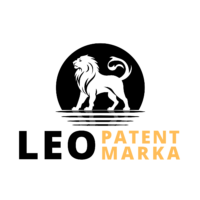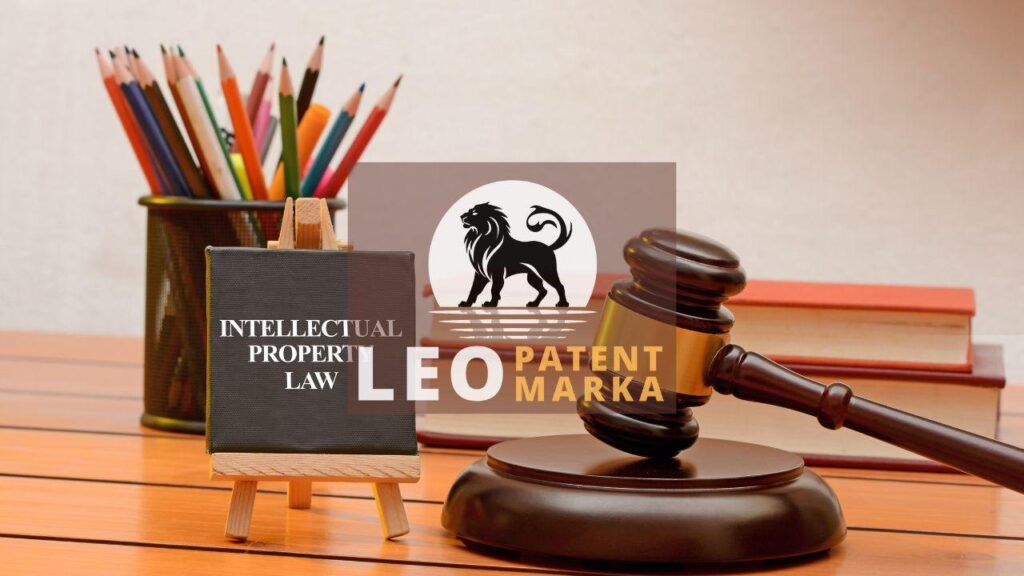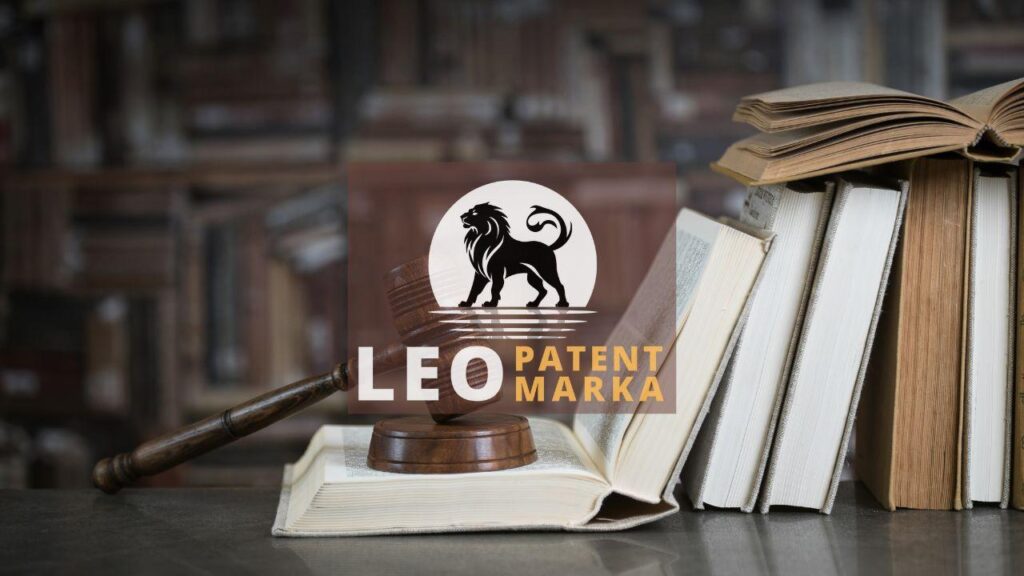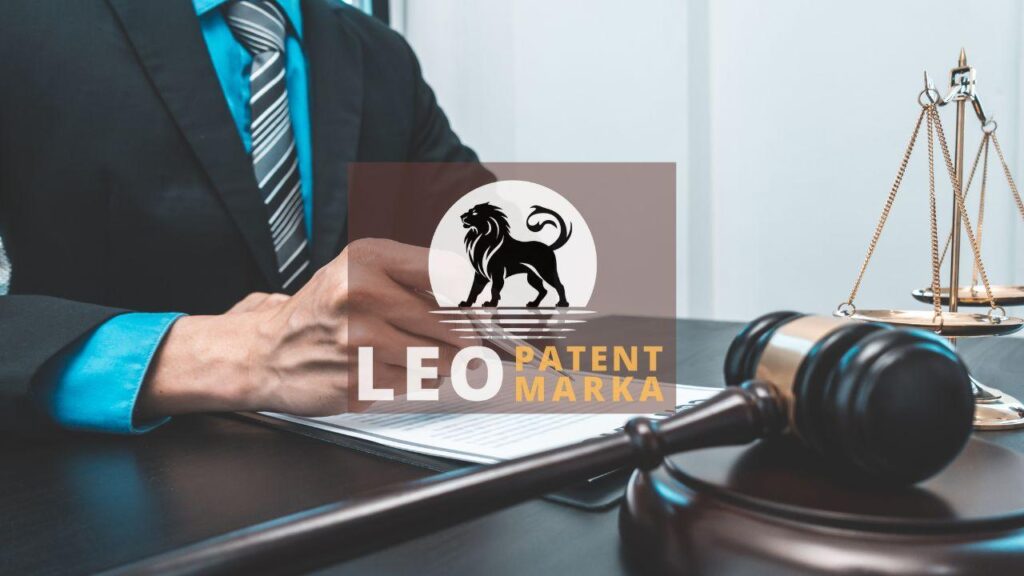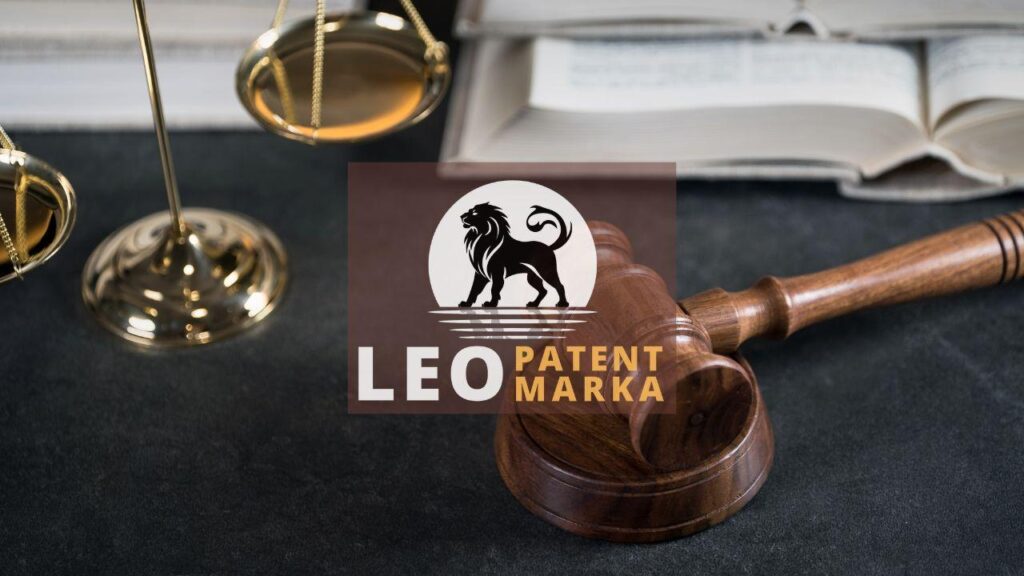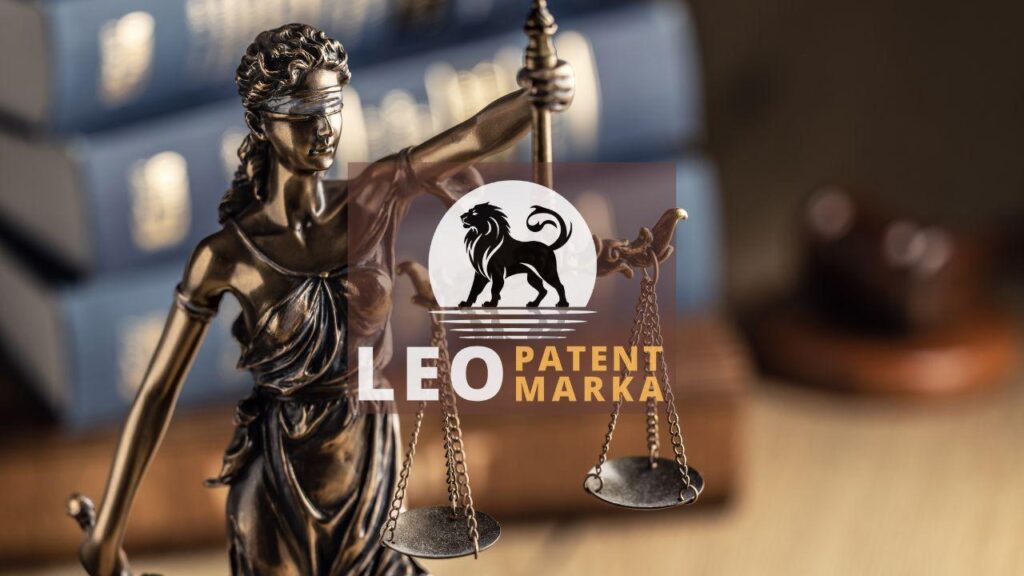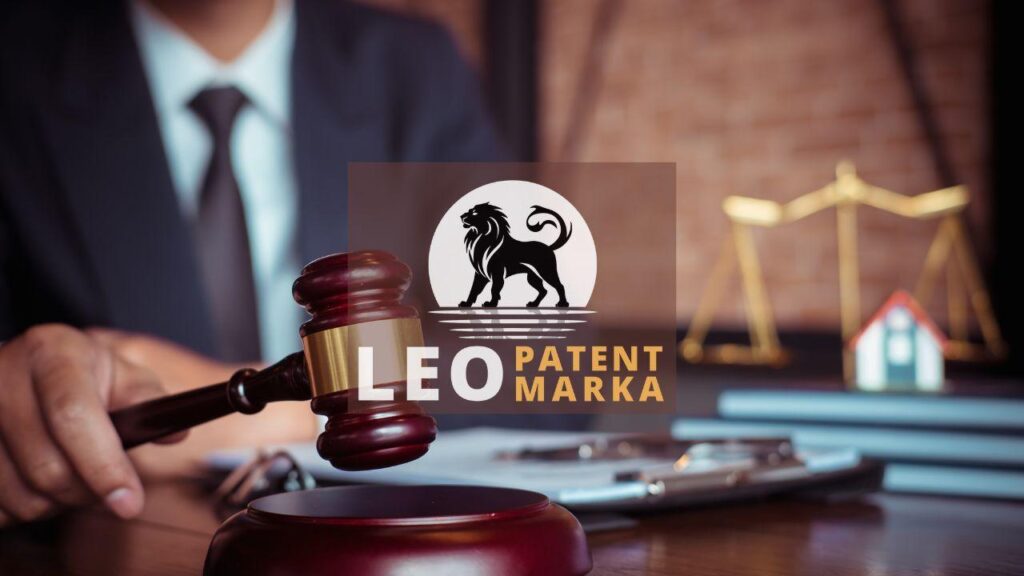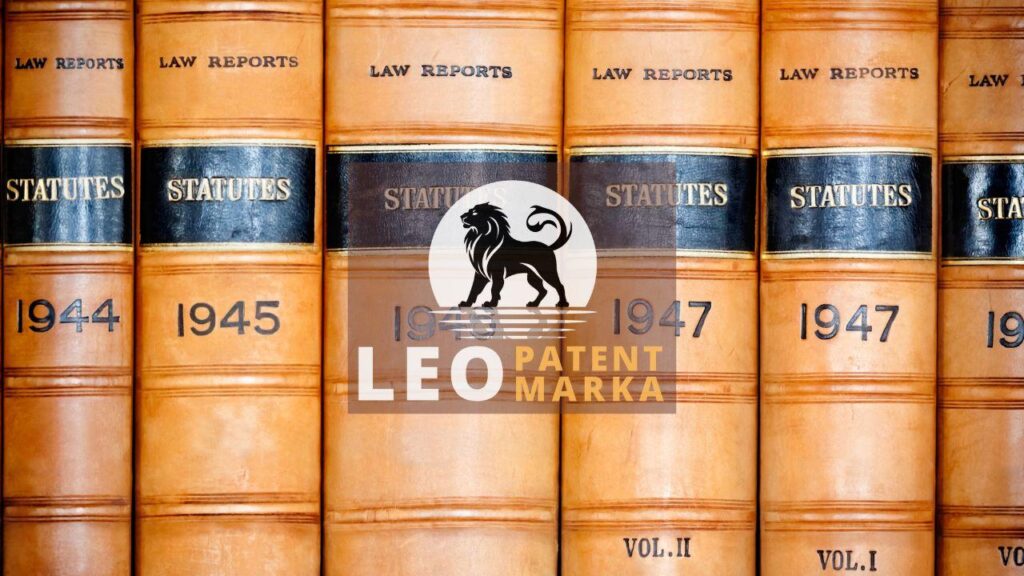In today’s rapidly evolving business landscape, safeguarding intellectual property (IP) is more critical than ever. Leonardo da Vinci once said, “Intellectual passion drives out sensuality,” underscoring the intrinsic value and powerful influence of intellectual creations. However, disputes over IP rights can arise, presenting formidable challenges that require effective resolution mechanisms. At Leo Patent, we recognize the complexities involved in protecting and enforcing your intellectual property rights in Turkey. This blog post will delve into the various methods and strategies for resolving IP disputes, highlighting the legal frameworks, arbitration options, and best practices tailored to the Turkish legal system. Whether you are a business owner, innovator, or legal professional, understanding these processes is crucial to maintaining the integrity and value of your intellectual assets.
Alternative Dispute Resolution Mechanisms in Turkish IP Law
Alternative Dispute Resolution (ADR) mechanisms in Turkish IP law present efficient and cost-effective pathways for resolving intellectual property disputes without resorting to litigation. Mediation and arbitration are the primary ADR methods in Turkey, offering parties the flexibility to settle conflicts confidentially and amicably. Mediation, facilitated by a neutral third party, encourages mutual agreement and often preserves business relationships. Arbitration provides a binding resolution, decided by one or more arbitrators with expertise in IP law. With the Turkish Commercial Code and specific IP laws supporting these mechanisms, ADR encourages faster resolution timelines and reduces legal expenses, making it an attractive option for businesses and innovators seeking to protect their rights and maintain market standing.
In the realm of Turkish IP law, mediation is governed by the Law on Mediation in Civil Disputes No. 6325, which delineates clear guidelines for the mediation process and the role of mediators. This method is particularly effective for disputes where ongoing business relationships are paramount, as it allows the parties to reach voluntary, mutually agreeable solutions. In contrast, arbitration is framed within the International Arbitration Law No. 4686, tailored for resolving more complex disputes where technical expertise and binding decisions are necessary. Both mediation and arbitration benefit from enforcement support under the Turkish legal framework, as agreements reached through mediation and arbitral awards are recognized and enforceable by Turkish courts. For clients of Leo Patent, leveraging these ADR mechanisms can lead to decisive and confidential resolution of IP conflicts, avoiding the uncertainty and potential delays associated with traditional court proceedings.
For clients looking to navigate the intricacies of IP dispute resolution in Turkey, the guidance of experienced professionals like Leo Patent can be invaluable. Our expertise in the Turkish IP landscape ensures that clients are well-equipped to utilize ADR mechanisms effectively. By opting for ADR, businesses can benefit from tailored dispute resolution strategies that align with their specific needs and objectives. Additionally, ADR not only fosters more harmonious solutions but also allows for the continuation of vital business operations without the disruption of prolonged litigation. At Leo Patent, we are committed to helping you safeguard your intellectual property through practical, efficient, and legally sound resolution methods, ensuring that your innovative contributions remain protected and your business thrives in a competitive market.
Role of Mediation and Arbitration in Resolving IP Conflicts
Mediation and arbitration play pivotal roles in resolving intellectual property conflicts in Turkey. As alternative dispute resolution (ADR) methods, they offer numerous advantages over traditional litigation, such as reduced costs, expedited timelines, and greater confidentiality. Mediation allows parties to reach a mutually agreeable solution with the help of a neutral mediator, fostering an environment of cooperation and understanding. On the other hand, arbitration involves a binding decision from an arbitrator, providing a definitive resolution while avoiding the lengthy court process. Both methods are increasingly recognized and supported by Turkish law, making them effective strategies for protecting and enforcing IP rights without the adversarial nature of court battles. At Leo Patent, we guide our clients through these ADR options, ensuring their interests are safeguarded efficiently and effectively.
Mediation, particularly in the context of intellectual property disputes, is built on the principles of collaboration and mutual benefit. Unlike court procedures, which can become adversarial and contentious, mediation sessions emphasize open communication and flexibility, often resulting in creative solutions that a court might not be able to provide. The mediator’s role is to facilitate dialogue and help parties understand each other’s perspectives, fostering a sense of partnership rather than opposition. In Turkey, the Mediation Law No. 6325 has cemented the role of mediation in civil disputes, including those involving IP. Many IP conflicts, whether they involve trademarks, patents, or designs, can be effectively resolved through mediation, often preserving business relationships and preventing further escalation. By choosing mediation under the guidance of experienced professionals at Leo Patent, clients can achieve settlements that are both fair and conducive to their long-term business goals.
Arbitration, as an ADR method, offers a structured yet flexible alternative to litigation for resolving IP disputes. The Turkish International Arbitration Law and the Code of Civil Procedure provide a robust legal framework supporting arbitration, ensuring decisions rendered are enforceable. Unlike mediation, arbitration concludes with a binding ruling from an impartial arbitrator with expertise in the relevant IP field. This ensures that the final decision is not only fair but also informed by nuanced technical understanding. Furthermore, the arbitration process in Turkey is streamlined to uphold confidentiality and reduce overall dispute resolution time. At Leo Patent, we assist our clients in navigating arbitration proceedings, from drafting arbitration agreements to representing them during hearings, aiming for a swift and just resolution that upholds the value of their intellectual assets.
Judicial Precedents and Trends in Turkish IP Disputes
Judicial precedents in Turkish intellectual property disputes provide valuable insights into how courts interpret and enforce IP laws. In recent years, Turkish courts have been increasingly proactive in protecting IP rights, often referencing international treaties and European Union regulations to ensure their decisions align with global standards. Noteworthy cases, such as the rulings on trademark infringement involving well-known brands, highlight the judiciary’s commitment to robust IP protection. These trends signal a progressive shift towards a more predictable and secure legal environment for IP holders. At Leo Patent, our deep understanding of these judicial trends enables us to offer strategic advice and representation, ensuring that your intellectual property rights are effectively safeguarded in Turkey’s dynamic legal landscape.
The Turkish judiciary’s approach to patent disputes has also shown significant evolution, reflecting a nuanced understanding of technological advancements and complex inventive concepts. Courts have demonstrated meticulous scrutiny in cases involving patent validity and infringement, balancing the protection of genuine innovation against the risk of stifling competition. For instance, recent decisions have underscored the importance of a detailed technical assessment to distinguish between true innovation and incremental improvements lacking inventive step. Additionally, the courts have recognized the need for expedited proceedings in certain IP cases to mitigate prolonged economic harm to right holders. This evolving judicial stance ensures that patent disputes are resolved with greater precision and efficiency. At Leo Patent, we stay abreast of these developments, providing our clients with informed strategies that leverage the latest judicial insights to protect and enforce their patent rights effectively.
In the realm of copyright disputes, Turkish courts have made considerable strides in demarcating the boundaries of creative ownership and usage rights. Recent judicial trends show an increased emphasis on analyzing the originality of works and the extent of transformative use, particularly in the digital sphere where content is easily shared and altered. Significant rulings have addressed issues such as unauthorized reproductions, digital piracy, and the fair use doctrine, offering clearer guidelines for both creators and users. For instance, decisions that involve digital media platforms have set critical precedents regarding liability and the responsibilities of service providers. At Leo Patent, we leverage our thorough comprehension of these legal trends to guide our clients through the complexities of copyright protection and dispute resolution, ensuring their creative endeavors are well-defended in Turkey’s evolving judicial landscape.
Disclaimer: This article is for general information purposes only and it is recommended that you consult experts and companies in that field to evaluate your specific situation. We are not responsible for any damage that may arise from the use of the information in this article.
